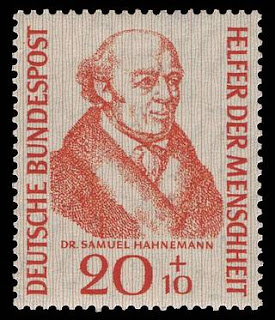Every year on July 2, people all over the planet observe World UFO
Day. This extraordinary day is all about studying the Unidentified Flying
Objects (UFOs) and bringing people together to discuss possibilities of life
beyond Earth.
This day is celebrated with great excitement by the fans of UFOs. This
subject has, for decades, piqued the curiosity of both young and old. On this
day, UFO enthusiasts like to talk about UFOs, hold discussions and debates
about the future of human life and the possibility of life among the stars.
The possibility of life beyond our own world would indeed be
fascinating, and it’s the perfect opportunity to be part of the informative
events organised by various groups on World UFO Day. It's a chance to learn
more about UFOs and meet people who share similar interests.
What is a UFO?
Let's first understand what a UFO is before we get any further.
Unidentified Flying Object is an abbreviation for UFO. In simple terms,
anything flying in the air that we are unable to easily can be called a UFO.
UFOs aren't generally always alien spaceships; they could be:
• Weather balloons
• Natural events in the sky
• Satellites
• Unusual aircraft.
What is the history behind World UFO Day?
It was first celebrated on June 24. In 1947, Kenneth Arnold's well-known
UFO sighting prompted the selection of this date. The date was later postponed
to July 2. July 2 marks the anniversary of the 1947 Roswell incident.
The Roswell incident is significant in the history of UFOs. It took
place in New Mexico, USA when a mysterious object crashed close to Roswell in
July 1947. The US military said it was a weather balloon. However, the people
believe it was an alien spacecraft. The incident attracted a lot of attention
and gave rise to many theories.
What is the importance of this UFO Day?
World UFO Day is important because it raises awareness of the
possibility that the universe may contain intelligent life somewhere else too.
It likewise urges individuals to contemplate the chance of UFOs and to conduct
research into the subject.
How to celebrate World UFO Day this year?
• One way is to go to a UFO convention or a UFO parade. If you go to
parades or other events on this day, you can learn more about the event. You
can meet new people while going on these occasions and ask them their
perspectives on UFOs.
• Individuals can likewise do their part by exploring UFOs online,
reading about UFOs, or watching UFO films. Reading books will assist you with
acquiring better information about UFOs and the universe. It's entertaining to
read the various viewpoints that different authors have on this issue. You can
shape your thoughts after reading various books on UFO Day.
• The most well-known UFO films include 'The Flash Gordon-types' of the
30s, 'The Martian marauders story' typical of the 50s and 60s, and the visually
great movies of the recent couple of years. You can also see a few films on
World UFO Day. This is the best opportunity to binge-watch the absolute best
films on UFO.
What is the future of UFO research?
As we celebrate World UFO Day 2024, the field of alien research is
evolving:
Government Openness:
Some countries are making more and more information public on UFOs.
Improved Technology:
Advanced cameras and sensors can capture clearer images now to know more about
UFOs.
Citizen Science:
Common people can assist now on track and report UFO sightings with instruments
like cameras becoming widely available.
Space discovery: As
we learn more about space, we might end up with more answers about UFOs.











